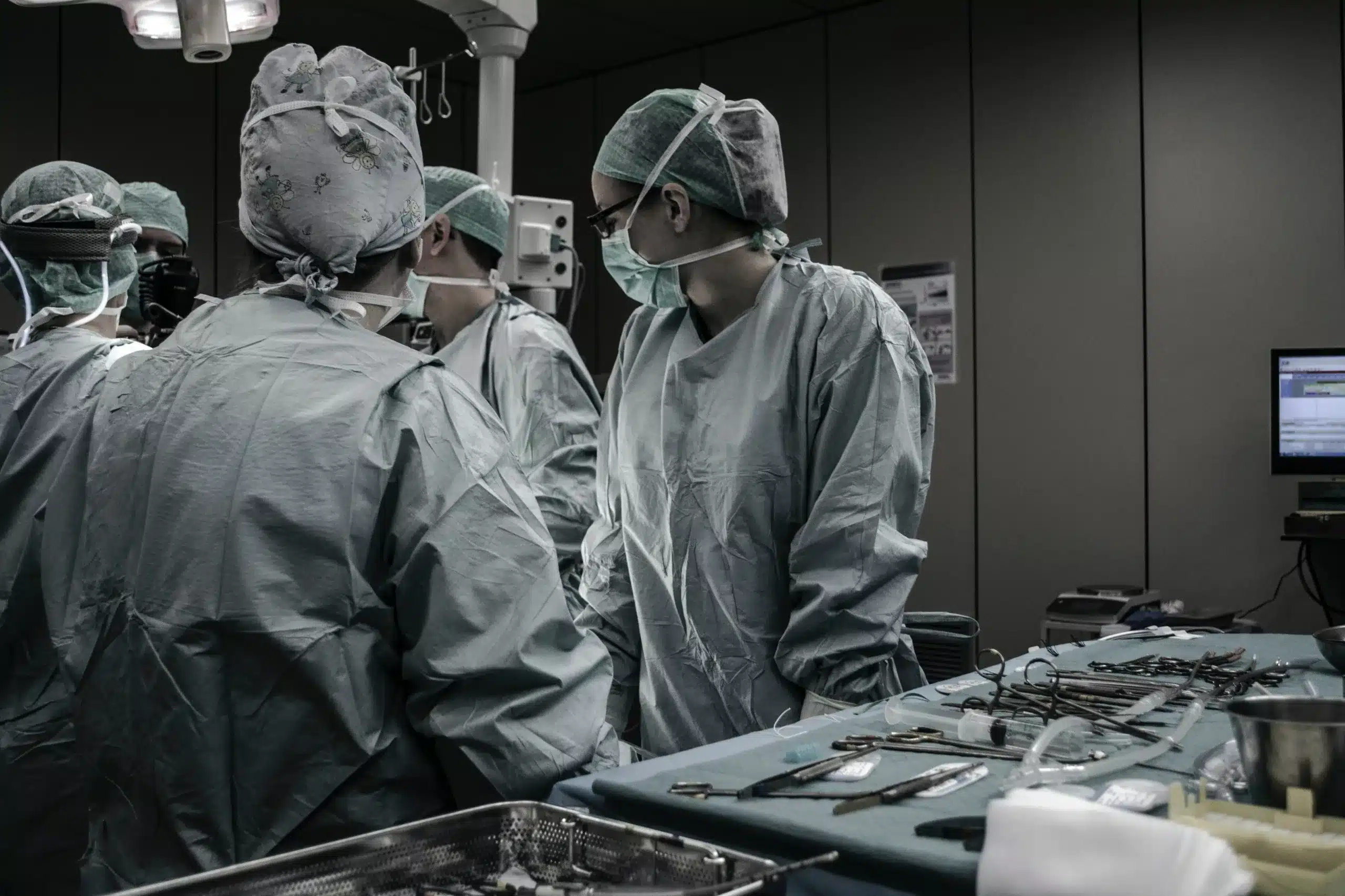Surgical errors can happen to anyone undergoing surgery. Surgical errors are avoidable mistakes that can occur during any type of surgical procedure. They can range from minor mistakes to serious complications that could result in injury or potentially death. According to data from Statista, there were a total of 379 avoidable medical errors that occurred in the NHS between April 2021 and February 2022 and these are called never events, which as stated by the NHS are “serious incidents that are entirely preventable because guidance or safety recommendations providing strong systematic protective barriers are available at a national level, and should have been implemented by all healthcare providers.”
What is a surgical error?
A surgical error is an unexpected mistake or accident that occurs during a surgical procedure. A surgical error comes under the term “never event” because it is an error that should not have occurred during the surgery. A surgical error can occur at any stage of the surgical process, from pre-operative assessment to post-operative care, and it can involve any member of the surgical team. The errors can be minor mistakes but they can also be serious which can lead to the patient suffering serious complications which could result in harm or death to the patient. Surgical errors can have significant physical, emotional and financial consequences for patients and their families. If a patient has suffered from a surgical error, they may require more treatment and they may suffer from more pain.
What are the most common surgical errors?
Foreign objects left in the body after a procedure
A common surgical error is when a foreign object is left in the patient’s body after a surgical procedure. This situation occurs when an object that does not naturally belong inside the body is accidentally left. This can include objects such as surgical instruments, sponges and other materials. Accidentally leaving foreign objects inside the body during a surgical procedure can lead to various complications for the patient and can cause further damage. It will also require the patient to go through another surgical procedure to remove the object. Between April 2021 and February 2022, data shows that during NHS procedures, there were 90 foreign objects left in patients after their procedure with the most commonly seen items to be left in patients were 31 vaginal swabs and 19 surgical swabs.
Surgery performed on the wrong part of the body
Operating on the wrong part of the body is also known as wrong site surgery and this can occur as a result of communication errors or negligence and can potentially have devastating impacts on a patients life. Wrong site surgery can put the patient at a greater risk of infection and cause additional scarring, and if the surgeon does not realise the mistake quickly enough, can also result in the unnecessary removal of an organ or damage to other parts of the patient’s body. Between April 2021 and February 2022, there were 97 surgeries performed on the wrong part of a patient’s body.
Performing the wrong procedure
Performing the wrong surgery on a patient can often be due to misdiagnosis or miscommunication and there can also be instances of patient mix-ups and one patient receiving surgery that was intended for another patient. There were 11 occurrences of patients receiving a procedure that was intended for another patient in the NHS between April 2021 and February 2022. When a patient receives surgery that was not meant for them, it can cause unnecessary injury to the patient and they could end up having healthy organs removed from their body.
Incorrect dosage of anaesthesia
Too much or too little anaesthesia can have detrimental effects for a patient. Possible risks that can occur from anaesthesia according to the NHS are; a serious allergic reaction to the anaesthetic, waking up during your operation or even death. Too much anaesthesia can result in a lack of oxygen, brain damage or death. And too little anaesthesia can mean that the patient could wake up during the surgery and may experience pain and long-lasting psychological trauma.
Nerve damage
A negligent surgeon can cause severe damage to a patient’s body by damaging nerves that are surrounding the surgical site. Nerve damage can cause many complications for patients such as peripheral neuropathy which will require further treatment for the patient.
What are the causes of surgical errors?
Surgical errors can occur for many different reasons, but there are common causes that can lead to surgical errors:
- Inadequate planning – a lack of planning such as not adequately preparing for the procedure, not preparing for anything that could go wrong or not ensuring that all of the necessary instruments are sterile and available to be used for the surgery can all lead to surgical errors.
- Miscommunication – communication errors between medical professionals can often result in serious mistakes. Miscommunication can involve mishearing directions, illegible handwriting and failing to communicate allergies among others.
- Fatigue – whether from lack of sleep due to outside of work activities or due to medical professionals being overworked, fatigue can result in serious and life threatening surgical errors during surgery.
- Unsanitary conditions – instruments that are used for any type of surgery need to be completely sanitary and if not can cause life-threatening infections to the patients.
Complications that can occur from surgical errors
Surgical errors can result in many different complications and these will vary depending on the type and severity of the error, as well as the patient’s overall health and medical history. Some potential complications of surgical errors can include:
- Infections
- Bleeding
- Nerve damage
- Organ damage
- Blood clots
- Increased pain
- Physiological trauma
Above are just a few examples of potential complications that can occur due to surgical errors. The specific risks and complications of any surgical procedure should be discussed with the patient before the surgery and if any unexpected surgical errors should occur, these should be addressed and managed by the surgical team.
Surgical Errors Negligence
Unfortunately, there are instances where surgical errors can occur and these can potentially have long lasting effects on a patient. If you have suffered from a surgical negligence error, Patient Claim Line can support you through a claims process. Please get in touch and one of our medical negligence experts will discuss your experience with you and determine your next steps.

